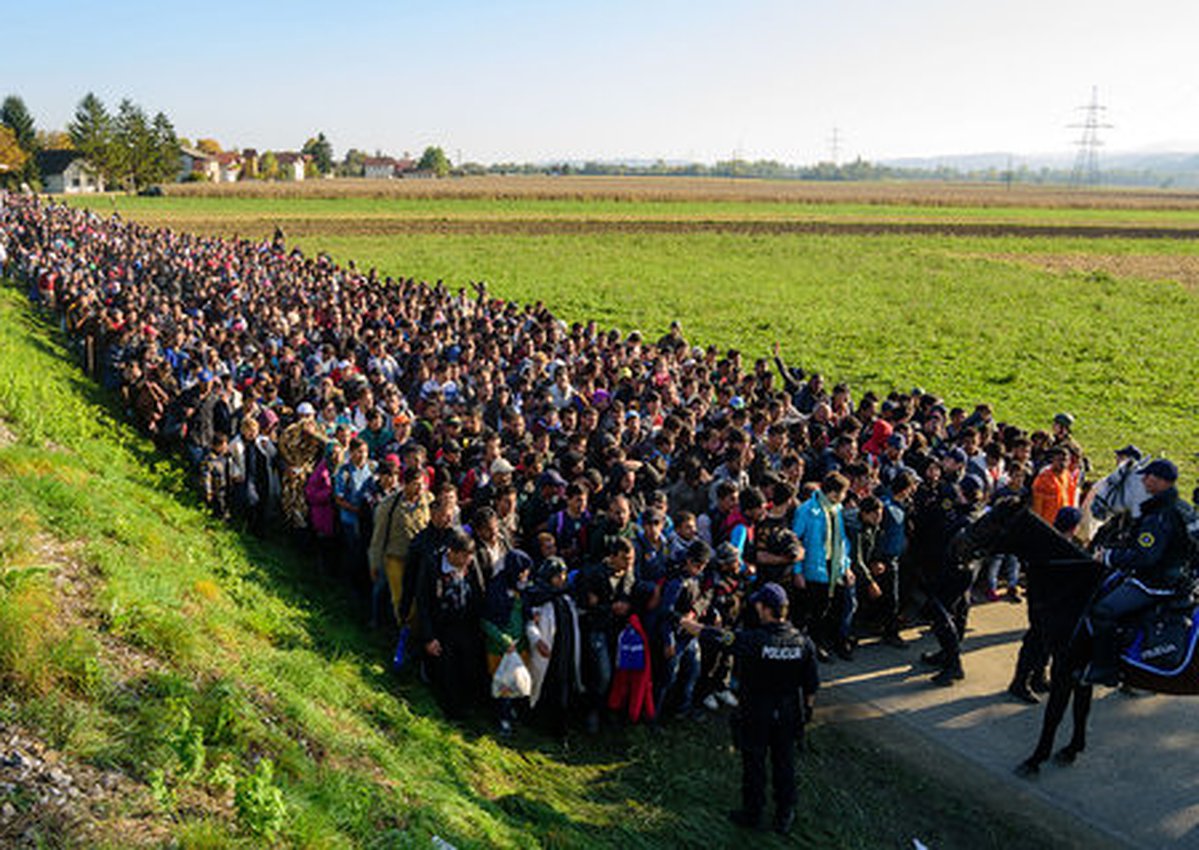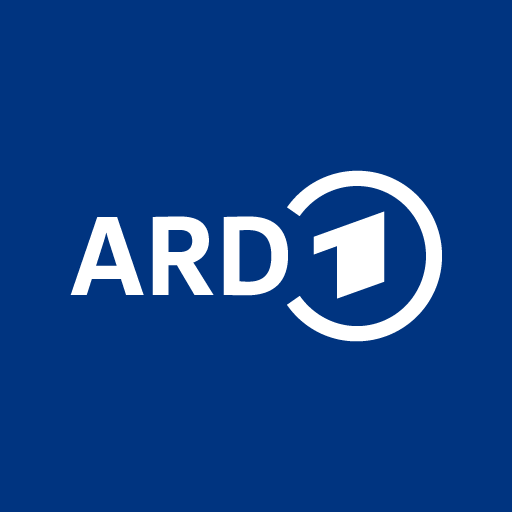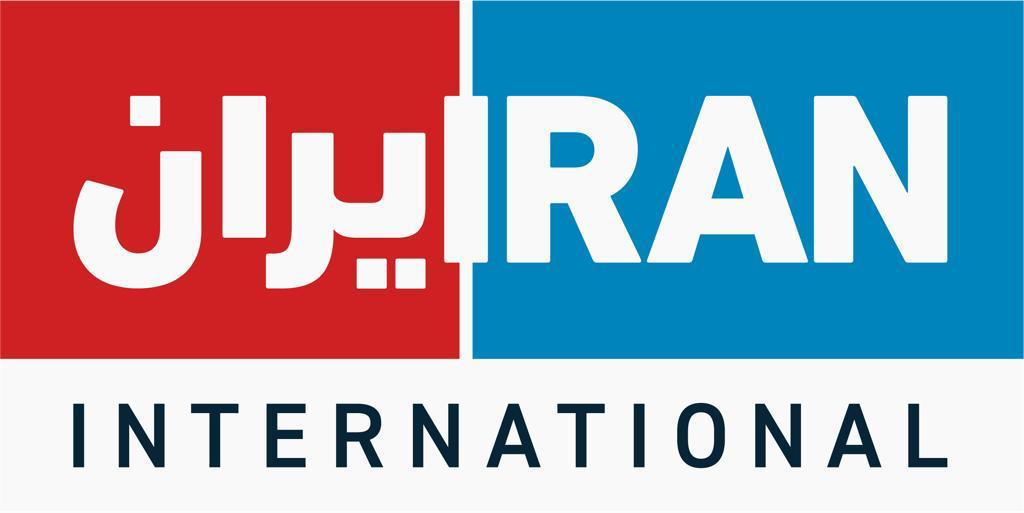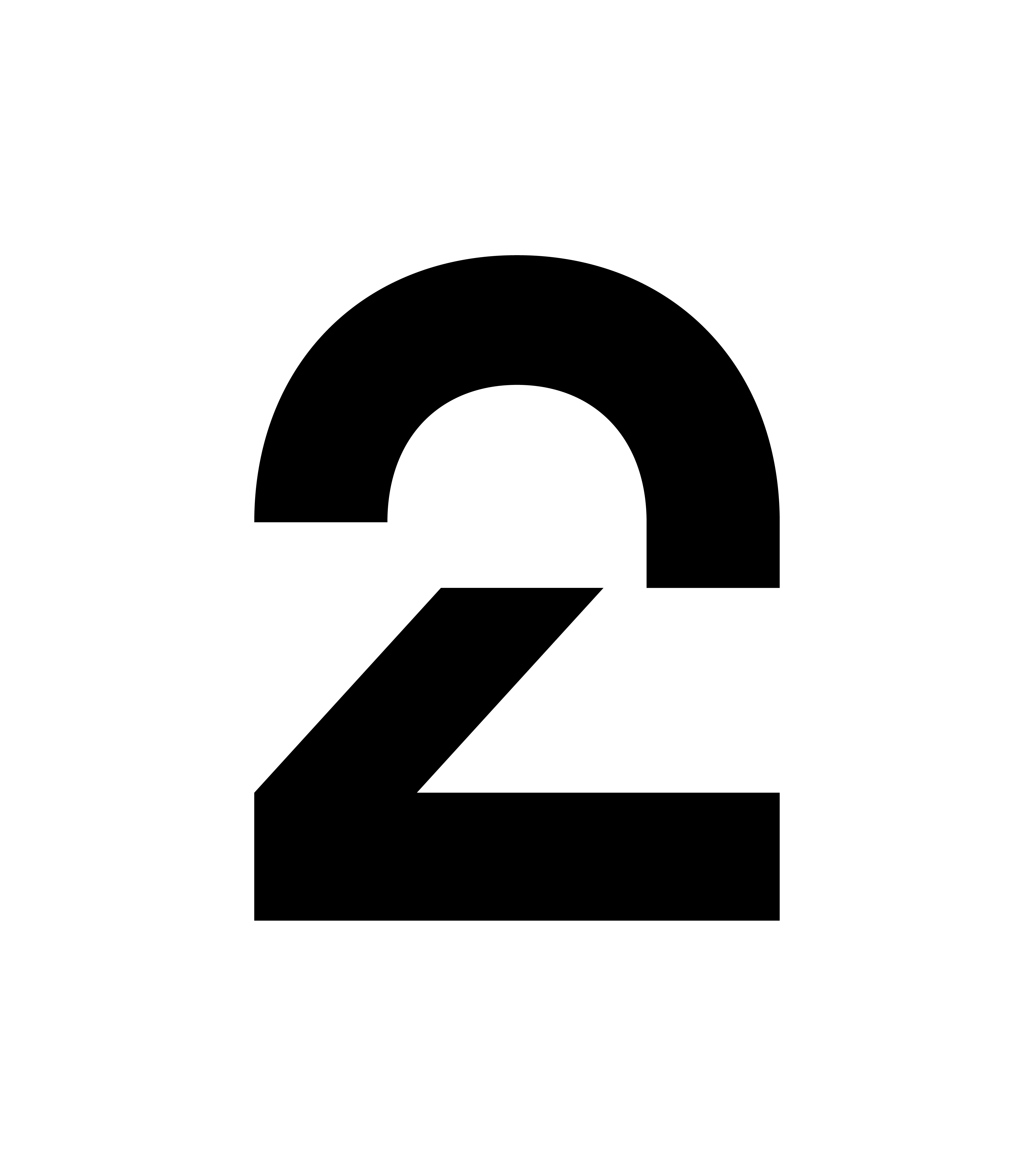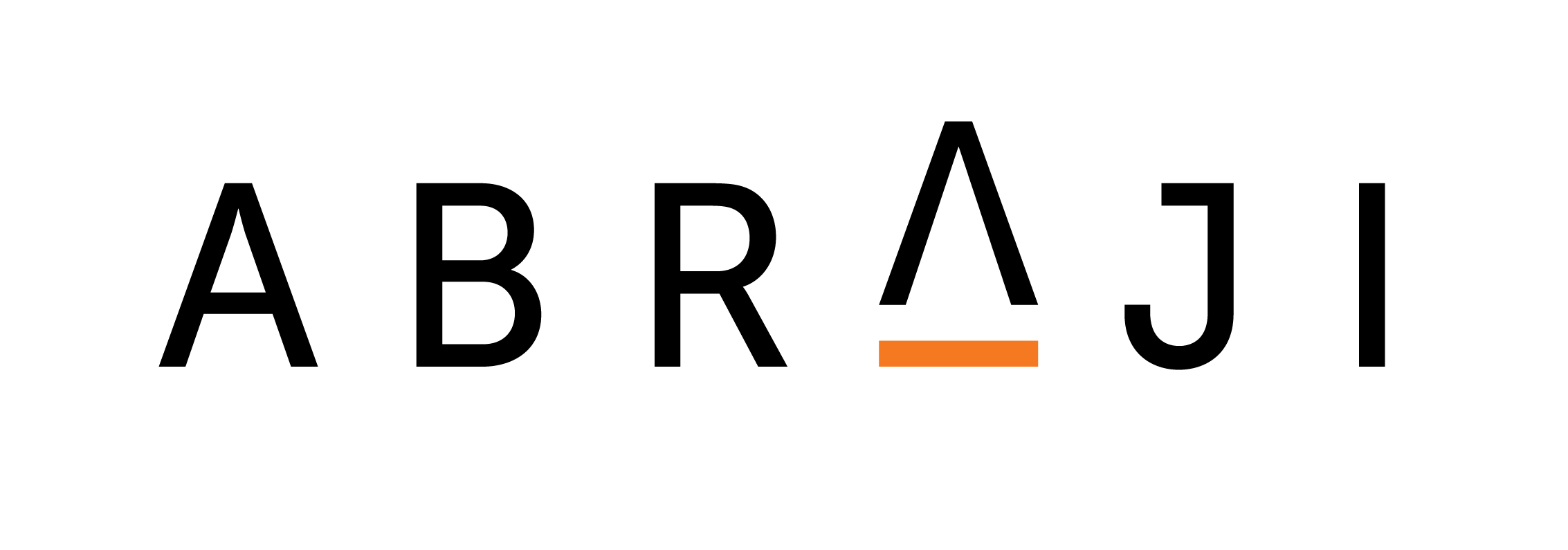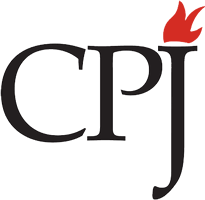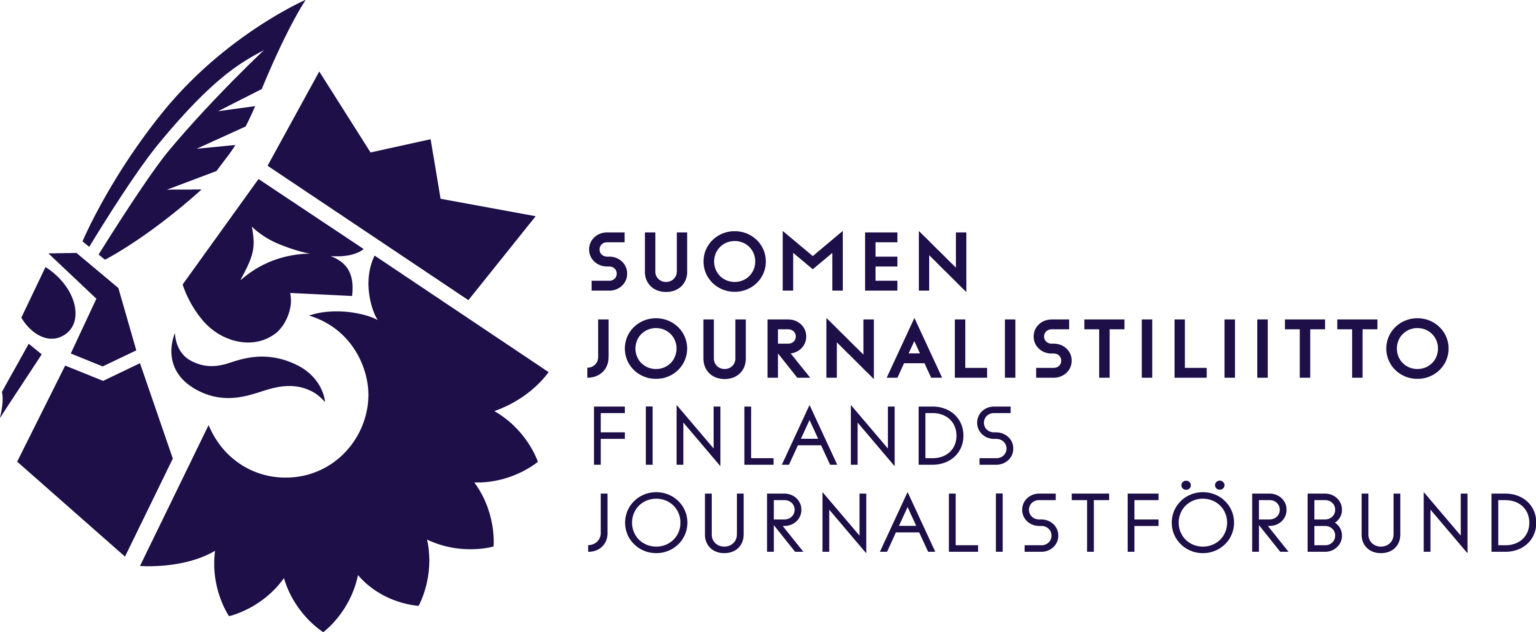Patrick Kingsley initially found “real psychological respite” when he moved from being the Guardian’s Egypt Correspondent to being its first Migration Correspondent. He believed he could make a difference with his work which encompassed all aspects of migration from the personal stories to the political.
“Initially I found switching to migration a relief, like a pressure valve,” he recalled. “But, as time goes on you are just dealing relentlessly with the same wretched situation: the shipwrecks, the same stupid policies. No one in power is really interested in listening to what is happening on the ground, just answering the anti-immigrant rhetoric.”
Kingsley remembers there were times when he questioned the value of the journalism he and others were doing. Recalling the image of the dead Syrian toddler Aylan Kurdi whose body was washed up on a Turkish beach, he writes in his book, The New Odyssey, about how it was one of the very few pieces of journalism to have an individual effect on the public consciousness that summer.
“Suddenly Europe cares. Aylan’s corpse is on the frontpages of dozens if not hundreds of European newspapers the next day, including that of The Sun, whose columnist Katie Hopkins had only a few months before described migrants as cockroaches.
“‘Show me bodies floating in the water,’ Hopkins had written in April. ‘I still don’t care.’
Fast-forward to September, and her editors evidently now disagree. In October, they’ll be back to their migrant-baiting worst – but for a few weeks in the middle, they’re forced to change their minds by the brilliance of one Turkish photojournalist.
As a specialist who’s failed for months to prompt this kind of shift with my own coverage, it is a humbling reminder of my own insignificance.” (Kingsley, 2016: 260). For Kingsley personally, some of the more significant moments happened a long way from the beaches of the Mediterranean.
“The most upsetting moment I had was in Libya. There was a guy from Darfur in a detention centre – that feeling of being unable to help him, beyond putting an arm around him.”
For all his experiences, Kingsley remains immensely stoic about his work and grateful for the opportunities it has provided him. His sense is that journalism by its very nature asks a great deal of individuals. “It’s a difficult double bind we find ourselves in and I wonder if the refugee crisis is any different in the toll it takes.” The challenges he faces in his work pale in comparison to those confronted by the subjects of his stories.
“However tough it is to be on the road, it is much easier to be there on a nice aeroplane than on a fishing boat.” This interview with Patrick Kingsley was conducted in May 2016 by INSI director Hannah Storm as part of INSI’s report The Emotional Toll on Journalists Covering the Refugee Crisis, which was launched in July 2017.


